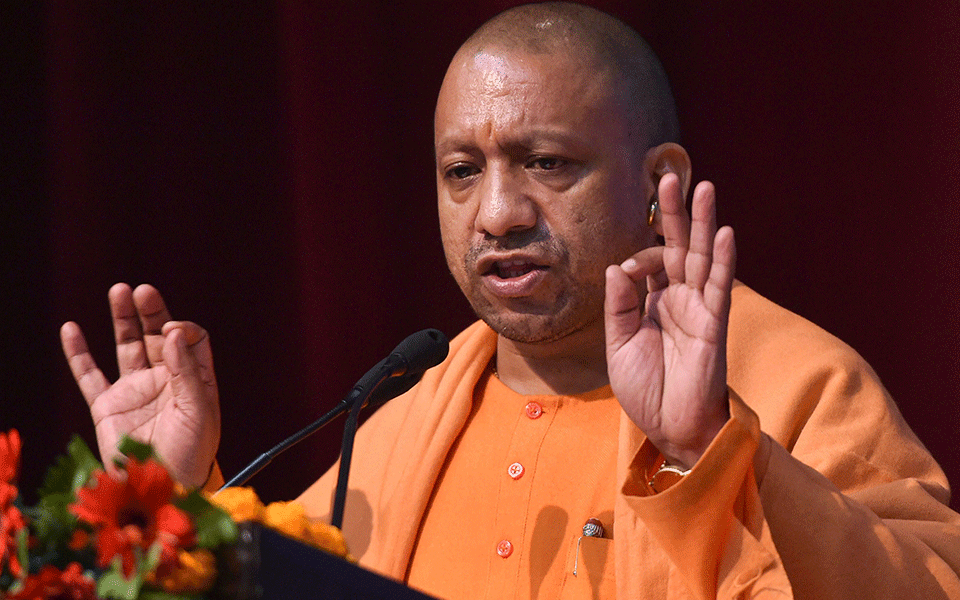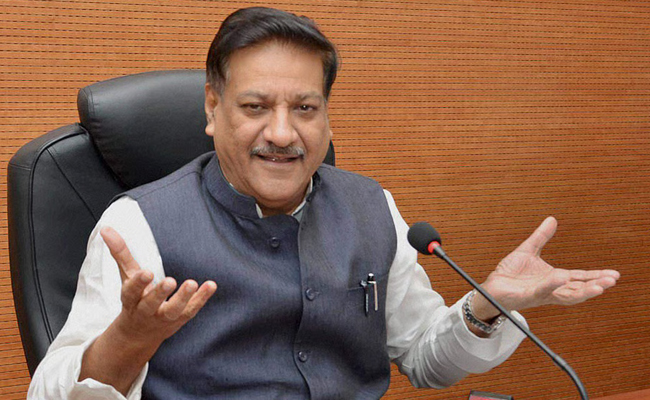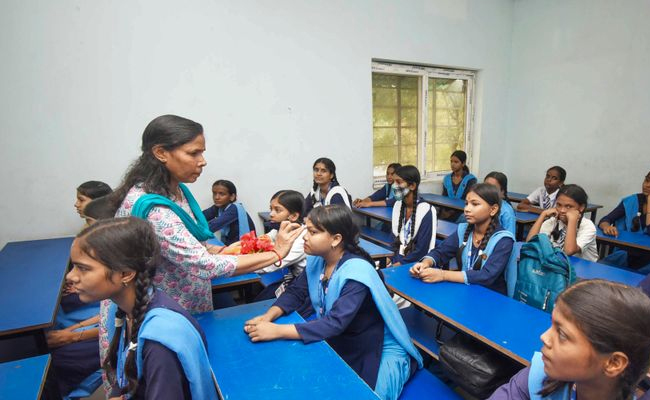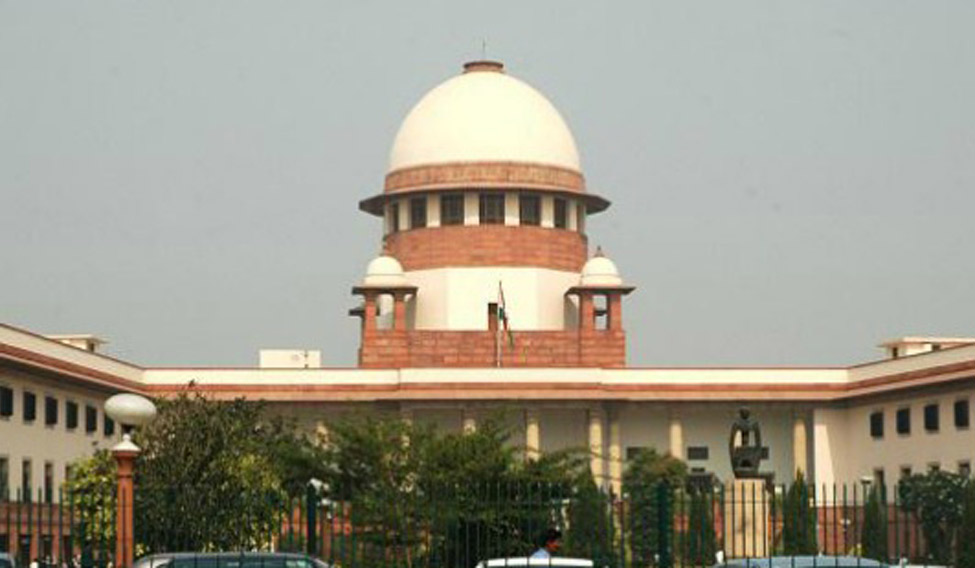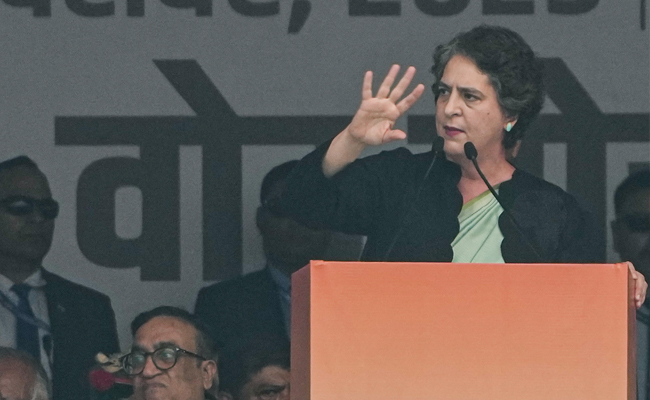Lucknow(PTI): Former Uttar Pradesh cadre IPS officer Amitabh Thakur, who was given premature retirement, will be contesting the next year's state assembly polls against Chief Minister Adityanath, his family has announced.
In a statement issued here, Amitabh Thakur's wife Nutan said it is a fight for principles for him.
"Sri Adityanath undertook many undemocratic, improper, suppressive, harassing and discriminatory steps during his tenure as Chief Minister," she alleged. "Hence, Amitabh shall be contesting the election against Sri Adityanath from any place he contests."
"It is a fight for principles for him, where he shall be presenting his protest to the wrongdoings," she said.
Following a decision taken by the Union Home Ministry, Thakur was given compulsory retirement on March 23 in "public interest".
He was "not found fit to be retained for the remaining tenure of his service", an order from the Union Home Ministry had said of Thakur, who would have completed his service in 2028.
"In the public interest, Amitabh Thakur is being given premature retirement before completion of his service with immediate effect," the order had said.
In 2017, Thakur had urged the Centre to change his cadre state. The officer was suspended on July 13, 2015, days after he had accused Samajwadi Party patron Mulayam Singh of threatening him.
A vigilance enquiry was also initiated against him.
However, the Lucknow Bench of Central Administrative Tribunal stayed his suspension in April 2016 and ordered his reinstatement with full salary with effect from October 11, 2015.
Let the Truth be known. If you read VB and like VB, please be a VB Supporter and Help us deliver the Truth to one and all.
Pune (PTI): Senior Congress leader Prithviraj Chavan, citing the release of the controversial Jeffrey Epstein files in the United States on December 19, has claimed India could soon have a new prime minister.
He also said the country's new PM could be from Maharashtra.
After a recent social media post in which he hinted that a "Marathi manoos" could become India's PM within a month, Chavan, speaking at an event in Pimpri Chinchwad here on Saturday, said several persons had contacted him seeking a clarification on the remark.
"A lot of developments are taking place at the global level. When I made that post, many asked me to explain what I meant. My statement was based on a hypothetical political possibility. If someone from Maharashtra were to become prime minister, the present prime minister would have to step down. I only underlined the possibility of a change," Chavan explained.
The former Union minister said his comments were linked to December 19, the date on which the US Congress is expected to release the Epstein files that he claimed could have wider global implications.
ALSO READ: We'll work with truth, non-violence to remove Modi-RSS govt: Rahul
"It has been said that the files contain sting operation-related material involving several big leaders. Some names are already doing the rounds on social media," he said.
Speaking to reporters, Chavan said some data in the form of photos has already been released.
"The data contains big world leaders such as presidents, prime ministers. There is a logic that the release of the data might affect our country's politics also and in such a scenario, big developments can take place," Chavan said.
Talking about his "Marathi manoos" becoming PM claim, Chavan said it is just political analysis that if a new prime minister is to be appointed, it will be from within BJP only.
"Given the options in BJP for the new face, I see alternatives from Maharashtra," said Chavan, without elaborating on names he has in mind.
The Epstein Files Transparency Act, passed by US Congress and signed into law by President Donald Trump last month, requires that the Justice Department disclose Epstein-related records to the public by Dec 19.
Epstein, a millionaire money manager known for socializing with celebrities, politicians, billionaires and the academic elite, killed himself in jail a month after his 2019 arrest in a sex trafficking case.

